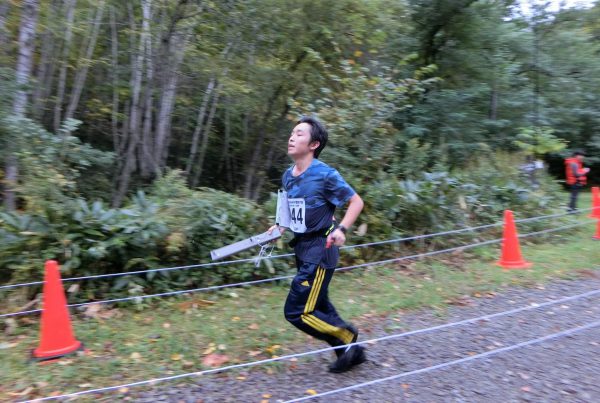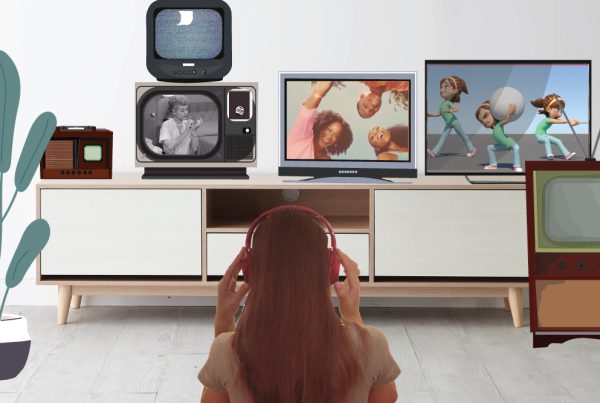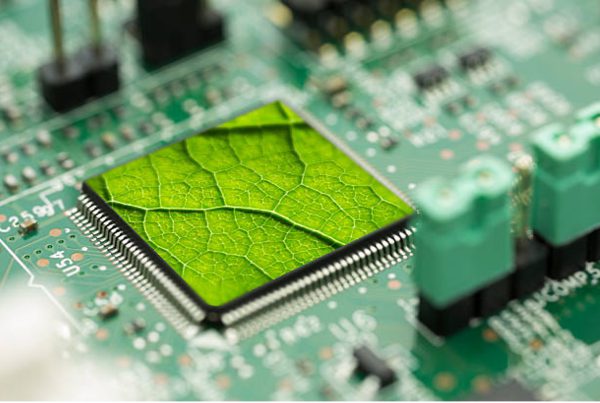Do tell us more about yourself
My name is Alexandru Dudescu, but I am better known as Alex or Dudu. I am a 23-year-old Computer Science major, intrigued by web development and a huge coffee lover. I also love playing the guitar – especially classical music – and I also find the Japanese Taiko drums very fascinating. I enjoy mountain hikes and being in the nature, and I see this as necessity rather than a choice. I am passionate about the Japanese culture and language and recently, I started dabbling into video content creation.
When we last met you in Summer of 2019, you were preparing to go to Nagaoka. Could you tell us more about that?
Sure. My main purpose of going to the Nagaoka University of Technology (NUT) was to participate in an internship at Kurashiki Kikai, a company that produces machine tools. They specialize in computer controlled industrial machines designed for the processing materials such as metal, wood etc.

I was assigned to the Information Development Department and I spent some time learning about computer vision for motion detection, facial recognition as well as other AI related topics. I assisted with the development of software that uses IP cameras to supervise the production process and researched various implementation means to boost current efficiency and explore other existing solutions.
The experience sounded great! What did you learn from this experience?
Through this experience, I gained more knowledge and became better at programming, becoming a reliable teammate as well as a better Japanese speaker. But I wouldn’t have been able to do it without the opportunity to work with such a great team.

The experience was priceless as I was given the opportunity to take a deeper dive into the Japanese culture, and I saw with my own eyes some of the many faces of business in Japan. These are valuable opportunities that one would carry with them for a lifetime, and I am no exception.
How many times have you been to Japan?
In total, I’ve been to Japan 4 times on various scholarship. I have been very lucky so far, but at the same time, I take it as a validation for the effort I’ve put into everything I’ve been doing.
Ever since joining the RJSC-AH (Romanian-Japanese Studies Center “Angela Hondru”) as a volunteer since 2015, I have been striving to become a better version of myself on a daily basis. And that entailed delivering on my promises, giving more than what I was asked of, and in general just letting my passion and interest for the Japanese culture drive me forward. And I was glad to see that the results were positive.
I’d love to take this chance to thank very important people who made this journey a possibility for me. My parents, for supporting me on this rather unusual but special path that I have chosen. Mr. Serban Georgescu, the coordinator of the RJSC-AH team and the Romanian American University for making all these opportunities come to life, as well as to Mr. Cristian Vlad and people like him that I have met along my journey to achieve my goals.
Tell us more about your trips to Japan
The first time I set foot on the Japanese soil was in 2016. It was the cultural trip organized by the Romanian-Japanese Studies Center Angela Hondru. Having been nominated in 2015 for the Kazoku Diaconu Grand Prize for the best academic performance, I was given the opportunity to learn and experience Japanese culture during a 2-week cultural trip in various locations starting from Fukuoka, heading to Kyoto and ending in Tokyo.

The first trip was an eye-opener, and I loved it! It was the experience of my life back then, and it motivated me to seek more opportunities to learn the Japanese language and culture so I could return to Japan again.

The second opportunity came in August of 2017, when I did a one-month traineeship program at Laguna Garden Hotel, a prestigious hotel in Okinawa. While my major was in Computer Science, my passion for Japan and exploring new perspective drove me past what others would call it “not my domain”. There, I learned Business Japanese, Japanese business etiquette and other related topics. Also, working at a hotel has taught me about Omotenashi, the Japanese hospitality; what goes on “behind the scenes” as well as being mindful of such effort required for such a job.

My third time was the abovementioned internship with Kurashiki Kikai. And currently, I am on my fourth trip here. Right after my internship in Nagaoka, I began a new adventure in Fukui prefecture. In the first semester of 2019 – 2020, I am studying at Fukui University as a Computer Science Research student.
Inasmuch as it was a lot of hard work from my side, but none of those would have been possible without the dedicated effort from the RJSC-AH team led by Mr. Serban Georgescu. I am proud to have been given the opportunity to be considered a “family member” of the team.
You mentioned that your passion for Japan drove you past something that was “not your domain”. Could you tell us what’s it like when you had to make such choices, knowing it was outside your comfort zone?
“Try to learn something about everything and everything about something”

This is a quote by Thomas Huxley that I heard during my first year of high school, which I have made a life motto out of. Knowing that whatever I am aiming for is outside of my comfort zone is exactly what usually sparks my interest.
I also have my own doubts taking on challenges that requires a lot of time investment and might not seem to have an immediate positive outcome on your life – like, working at a hotel. However, my decision to take on the challenge has taught me that aiming to become a good specialist prepares you for a good job, but it is those other experiences that would prepare you for life. Had I not taken this opportunity, I would have never appreciated the amount of work that goes behind the scenes of a hotel.
Also, working with customers might seem intimidating because there is no way to predict what question would come your way, but it also teaches you how to think quickly while providing good answers. I also learned that both fear and excitement stem from the same core feeling, the only difference being the interpretation that we give to it. So I would start off by putting in a lot of effort to override my fear with excitement, and work on making it a habit. I always believe that the outcome would take me to another new learning in life. Being positive about the outcome, no matter what it is, has also made me more resilient.
During the time spent in Japan, what else did you experience?
The first two weeks I spent in Japan were one of the most beautiful I ever had, as well as the fastest to pass. Saying this, a Japanese concept named Wabi-sabi comes to my mind. The term Wabi-sabi refers to the aesthetics of imperfection and impermanence. It made me realize that the reason why my stay was special was because my time here is “limited”. It gives me the necessary amount of pressure to motivate me to go all out and make the most out of my time here.

This shift in my way of thinking has also brought along some other changes in my life:
Every day I strive to speak more Japanese in order to speak more naturally instead of relying on English. I recently joined the Shodo Club (Calligraphy) of the Fukui University as a mean to explore more about kanji and I also started a YouTube channel to document my experiences in Japan this year.
You sound like a focused and driven self-starter. What’s your secret to becoming laser-focused on your goals?
I would say that my secret is in fact, a combination of a few skills that I became aware of and developed mostly during the past 5 years – being detail-oriented, organized and disciplined.
One thing I discovered is that the human brain is capable of amazing processes like creativity, problem solving, processing info we feed it with, but not storing huge quantities of information that is relevant only for the near future. I would start by establishing systems to “declutter” my brain, so I tend to write a lot! I would also split my goal into something bite-sized and achievable and use a to-do-list to track my progress. Using calendars to establish timelines for those items and building the discipline to use and update them as times goes by is also important.
Switching to such a workflow might be slow and confusing at first, but perseverance has made it into an essential part of my daily routine. I believe there is no such thing as a “one size fits all” solution, and this is not the recipe for guaranteed success. Instead, I hope my method could spark another person’s interest to research more, experiment more and find a way that works best for them.
What’s your “secret super power”, if any?
I would say that my “secret super power” is my ability to come up with unconventional solutions for conventional problems.
What are your plans after this?
I believe this is not going to be the end of my journey as a student in Japan. I will be heading back home to graduate from my Masters degree program. And right after that, I intend to apply for the MEXT Research scholarships to further develop myself through more learning opportunities.
Do you have any advice for students from Romania and from other parts of the world who are planning to come to Japan to gain such opportunities?
I would say, one thing students coming to Japan should know about is the importance of the bond between the Japanese language and its culture. Authentic experiences will be everywhere – from having small talks with the locals, finding the best not-so-popular but worth visiting places from a knowledgeable person, understanding, or even experiencing the unique aspects of day to day life that are found only here. I found out that speaking Japanese is a powerful skill that will open many doors to experiences that you otherwise wouldn’t even know of. My advice for those who are planning on more than just visiting Japan would be to start learning the language or to continue learning it, even after arriving here.
I’d also recommend adopting flexibility. Comparing to the Romanian and European lifestyle in general, Japan might feel like the total opposite. Taking off one’s shoes indoors and eating with chopsticks are only the basic few examples, but there are many more unspoken examples we should learn to adapt to. Personally, I feel that the food here is very different, and sometimes the Japanese manners and etiquette could be a little confusing. But having an adaptive mindset makes the difference, as it helps us progress from being “stuck in the problems” to being quick to overcome the challenges faced to enjoy Japan more.

Alex at the Taiko Workshop hosted at the Ritsumeikan Asia Pacific University in Beppu on his first trip 
J-ROCK acoustic cover band at the CSRJ-AH anual “Haru Urara Grand Festa“ ceremony 
J-ROCK acoustic cover band at the CSRJ-AH anual “Haru Urara Grand Festa“ ceremony 
Wearing two of the Kimono Creations of the famous Designer Nobuaki Tomita at a Kimono Parade event 
Alex’s first Calligraphy that will be a part of a local exhibition 
Washi-making workshop 
Alex and staff at the Laguna Garden Hotel 
Alex and Tomofumi-san at work 
Churaumi Aquarium in Okinawa 
Alex’s first visit to IBM Japan 
Alex with other International Students





















